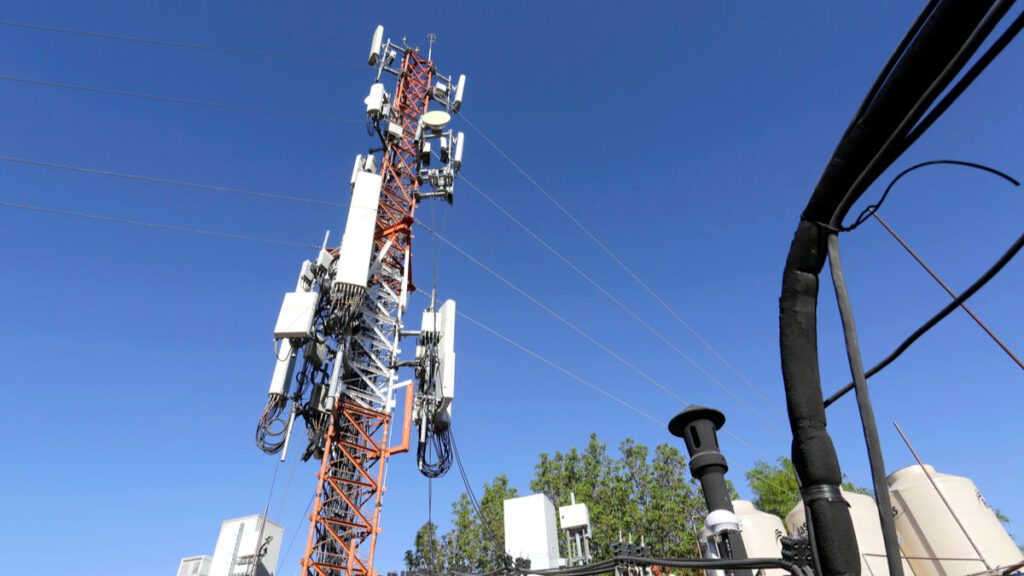Mexican Authorizes Movil's Telcel to Offer 5G Services in Latin America

Mexico’s telecommunications regulator authorized Telcel, an arm of America Movil, to offer 5G services, leading the way for what it called the largest 5G commercial network in Latin America.
The regulator said in a statement, “the Federal Telecommunications Institute (IFT) approved the modification of 18 concession titles,” allowing Telcel to launch its anticipated 5G services in its home country within frequency bands in the 3450-3550 MHz segment.
“With this, Telcel will be able to put into operation the largest 5G commercial network in Latin America… In this way, our country is at the forefront in the deployment of fifth-generation mobile services,” the IFT said in a statement.
Additionally, Telcel will pay Mexico more than $44.05 million per year in fees for the authorization, following federal law, the IFT noted.
According to Statista, the race to implement fifth-generation cellular technology coverage has already begun in Latin America and the Caribbean. However, the deployment of the first 5G networks in the region has been concentrated in a handful of countries.
“In Mexico, this promising generational leap was scheduled to kick off in 2021, according to national telecommunications authorities. At this pace, the share of 5G mobile connections in the North American country is forecast to rise to 12 percent by 2025,” it added.
The authorization for 5G services comes weeks after the regulator paved the way for the company’s long-term goal of entering the Mexican pay-TV market here.
America Movil had been prohibited from providing pay-TV in Mexico since the privatization of state telecom firm Telmex in the early 1990s. That later changed into America Movil after it was deemed a “preponderant agent” by the IFT due to its market share.
It is worth mentioning that the 5G network rollout was delayed by the coronavirus, while it has encountered significant infrastructure and economic challenges.
Low investment levels in telecommunications made necessary infrastructure development dependable on the proactivity of operators and key industry players throughout the past years.
By the end of 2020, Mexico had assigned 700 MHz of spectrum for International Mobile Telecommunications (IMT) to achieve better upload and download speeds depending on the bandwidth available to transmit the mobile signal.
